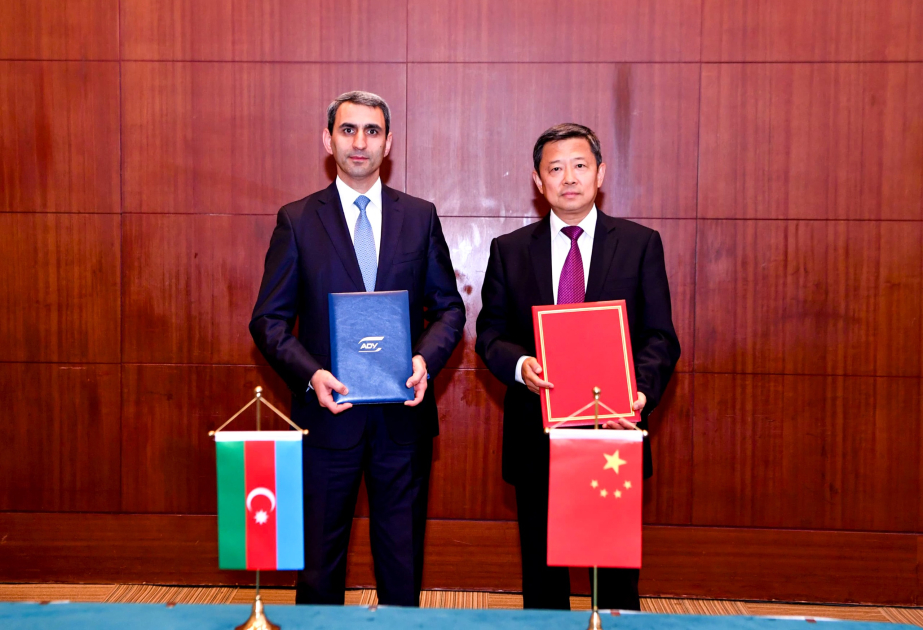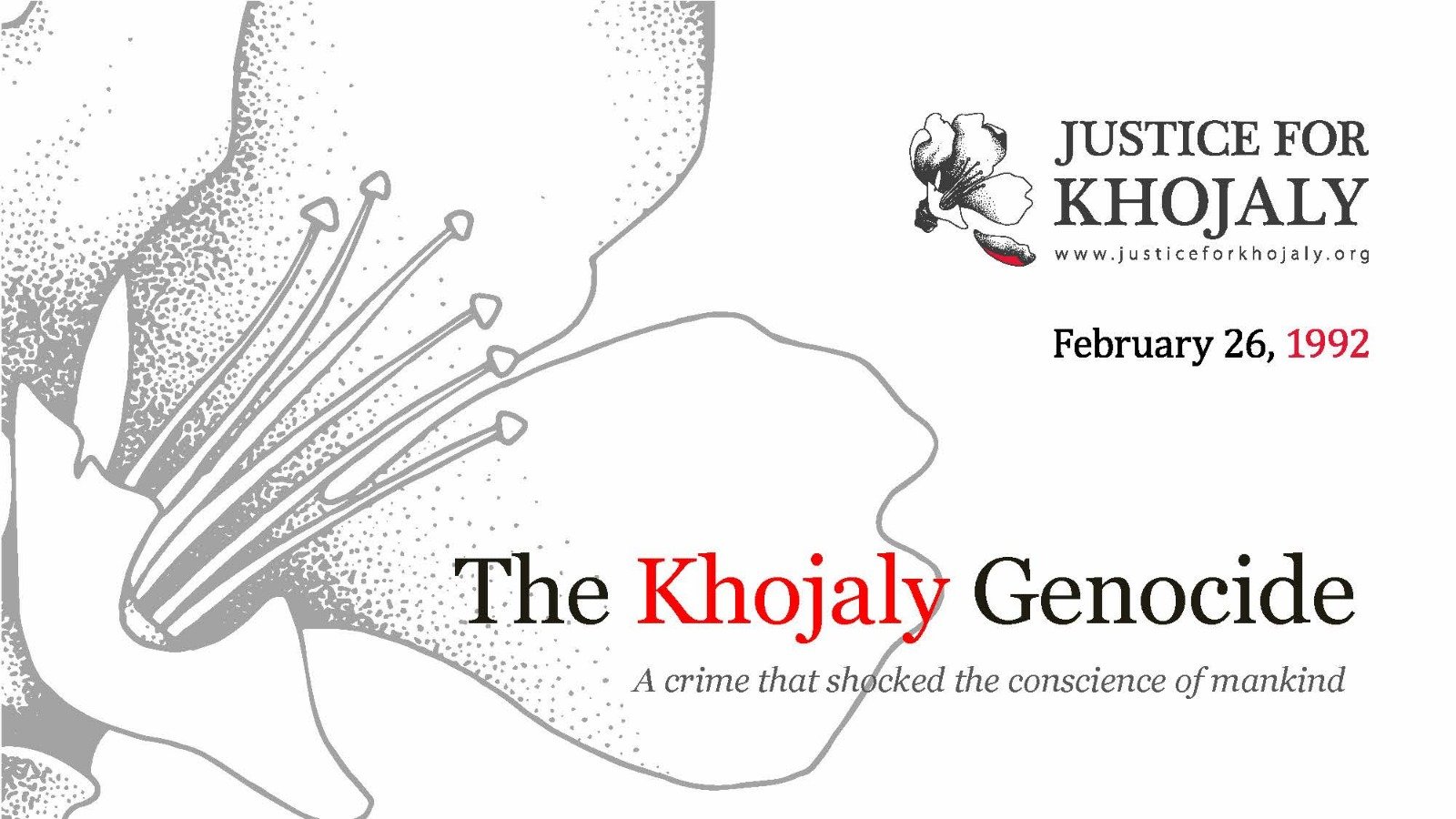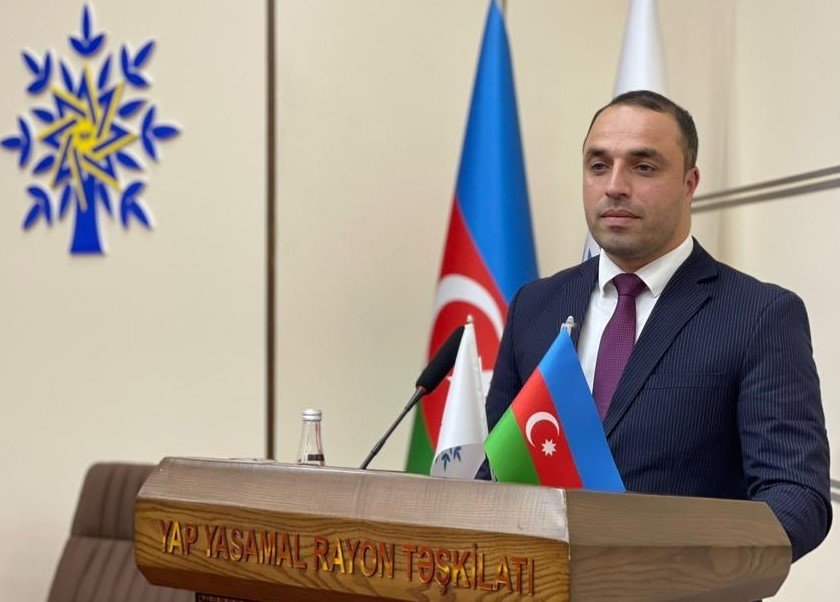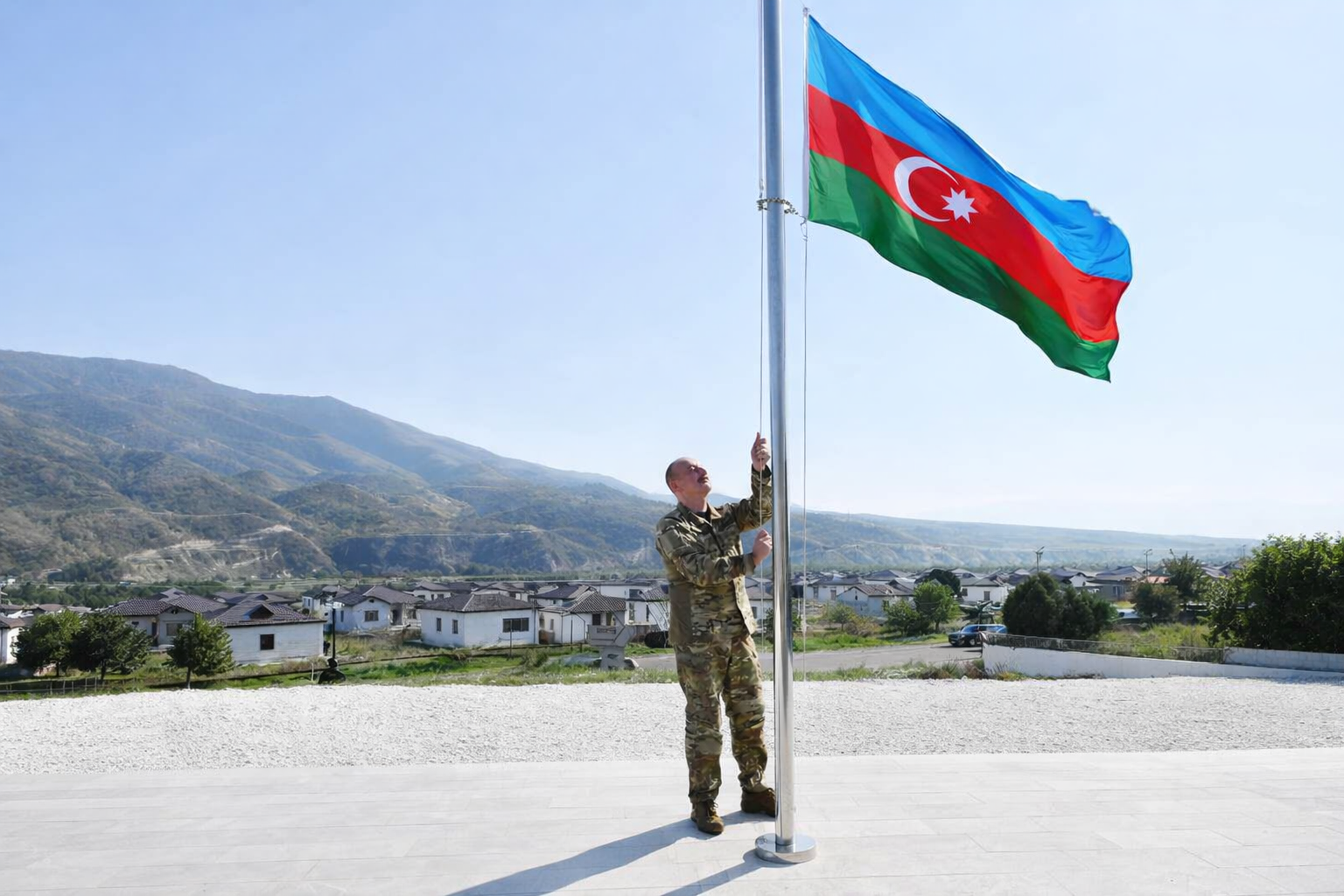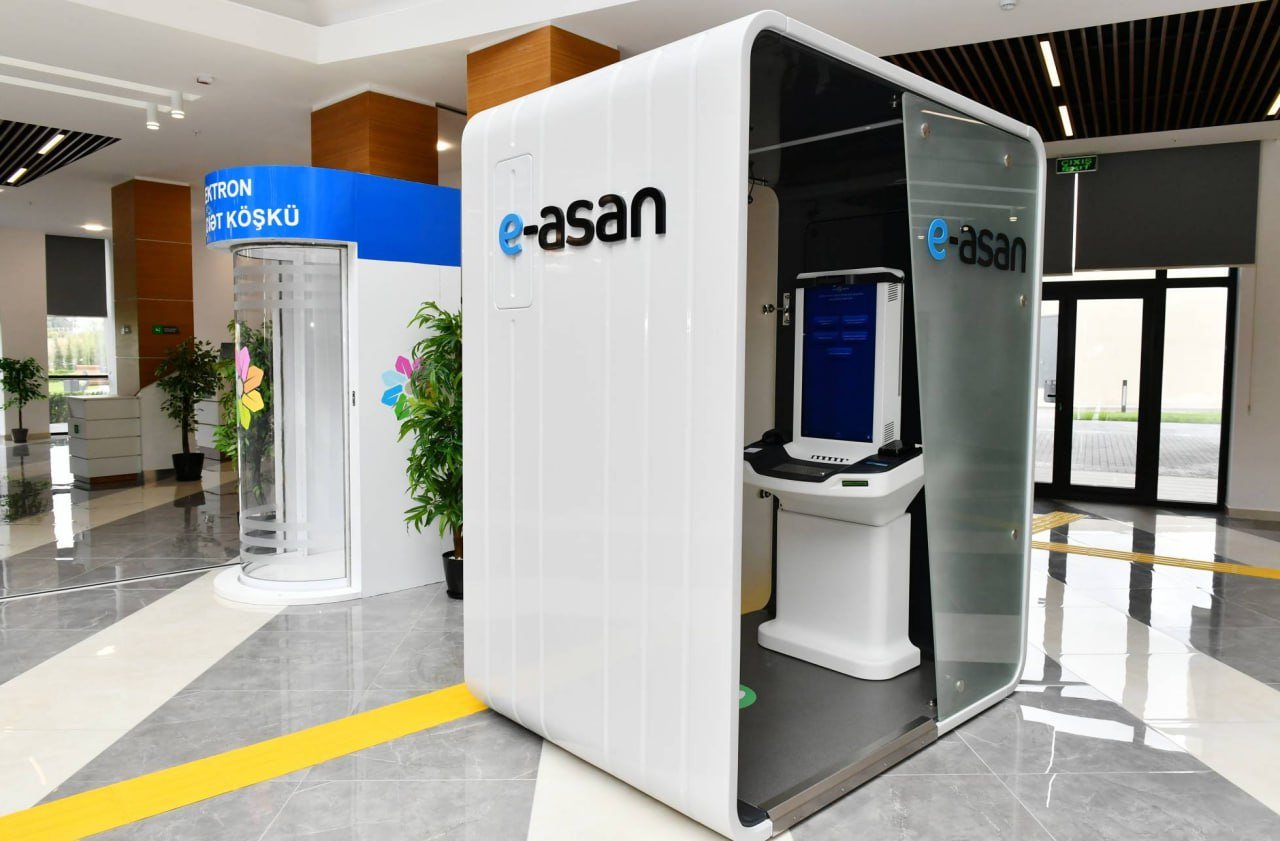Baku, July 10, 2025 – The Europe Today: Azerbaijan and China have taken a major step toward strengthening international transport connectivity by signing a Memorandum of Understanding aimed at enhancing cooperation in the development of international transport corridors and cargo operations.
The agreement, concluded between “Azerbaijan Railways” CJSC (ADY) and China State Railway Group Corporation, marks a new phase in Baku–Beijing relations and represents a significant milestone in the strategic effort to establish uninterrupted East–West connectivity across the Eurasian continent.
A central focus of the memorandum is the enhancement of the Baku–Tbilisi–Kars (BTK) railway line, a vital transit route linking China to Türkiye and onwards to European markets via Azerbaijan and Georgia. The agreement outlines plans to strengthen freight transport operations along the BTK corridor, accelerating the movement of goods from Chinese producers to consumers in Europe.
The two sides also agreed to broaden cooperation in several key areas, including the joint development of railway and port infrastructure, the expansion of container transportation across the Caspian Sea, and increasing the number of daily block trains. The long-term goal is to facilitate the movement of up to 10 freight trains per day through the corridor.
The BTK railway, which forms a crucial part of the Trans-Caspian International Transport Route—also known as the Middle Corridor—is rapidly evolving into a high-capacity, strategic transit artery connecting Asia and Europe.
In support of these efforts, Azerbaijan Railways has completed the modernization of the Georgian section of the BTK railway during 2023–2024. This upgrade represents a significant advancement in enhancing the capacity and competitiveness of the Middle Corridor, further reinforcing Azerbaijan’s position as a pivotal hub for regional and intercontinental trade.
The latest agreement underscores the growing strategic partnership between Azerbaijan and China and their shared commitment to building resilient, efficient, and integrated transport networks across Eurasia.
